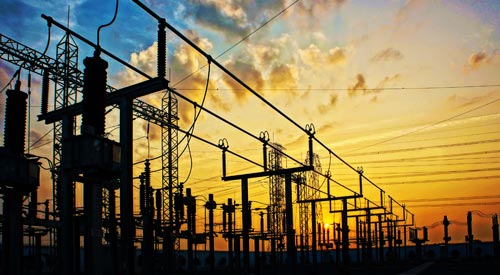How Data and Cities Can Shape The Future of Mobility
Data-Smart City Solutions: Moving about a city not only drains valuable time and energy, but also contributes a large share of greenhouse gas emissions. Estimates show that the United States economy loses over $120 billion a year due to traffic congestion and that this congestion contributes to 27 percent of the country’s carbon dioxide emissions. The Center for Economics and Business Research predicts that these costs will rise 50 percent by 2030.
Urban mobility systems are largely inefficient today because cities are unable to dynamically route vehicles and coordinate other resources on the road in response to changing traffic patterns.Three present and persistent trends across the world today — an increasing rate of environmental damage, the accelerated movement of populations to urban areas, and exponential growth in the data that we create and consume — present a unique challenge for cities: how can they efficiently and sustainably allocate traffic using data?
Tags
Share
Top Stories
- Future-proofing smart cities with open standards
- 5 States Challenged the Federal Contractor Wage Increase and Lost
- States should follow feds in Chinese tech bans
- A new initiative seeks to help small cities access infrastructure funding
- Governments view open source as critical for enhancing digital services, experts say
- More States Move to Ban TikTok from Government Devices
- Cyber, digital services, workforce primary focus for state CIOs in 2023
- Virginia has a data center problem
- Efficient public safety demands evolving tech
- Digitized services drive citizen satisfaction
- State chief information officers are handling much more than just tech
- States target mainframes in legacy system modernization
- How one city’s IT team keeps up with rapid growth
- How one agency’s cloud migration smoothed the path for others
- NASCIO: States must ‘hyper-focus’ on IT modernization
- Louisiana Becomes First State to Receive Internet for All Grants
i360Gov Newsletters
The most significant government policy, business, and technology news and analysis delivered to your inbox.
Subscribe NowTrending
- Mayor launches IT modernization to boost services delivery
- Local government on the edge: The future of IT infrastructure
- Digitized services drive citizen satisfaction
- Why cities and towns see a huge economic opportunity in the semiconductor bill
- New York state pumps the brakes on crypto mining
- The best offense is a strong defense: Improve cloud security with visibility and zero trust segmentation
- How state and local leaders can use data to ensure broadband access for all
- Over $105 Million Going to Better Internet for Native American Communities


















